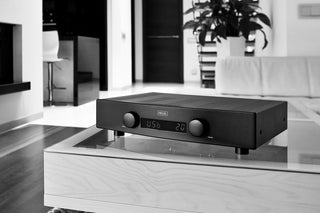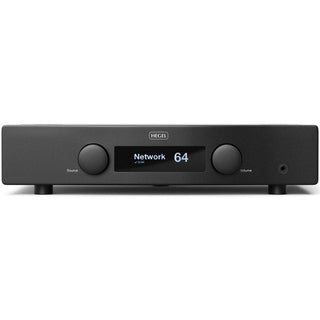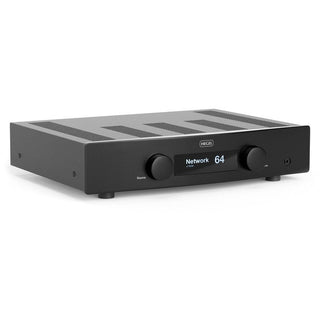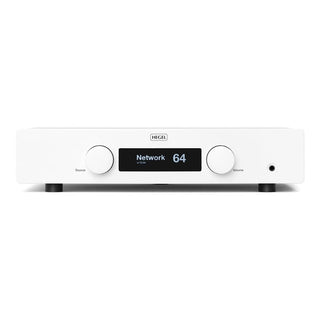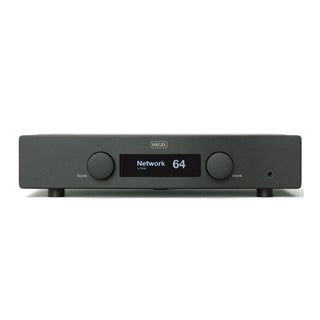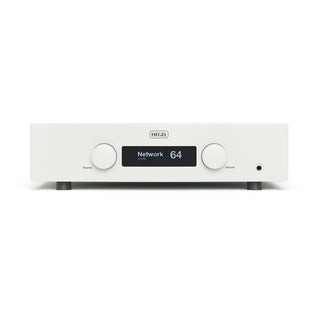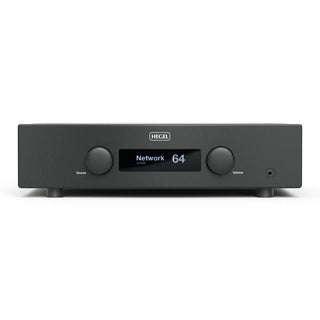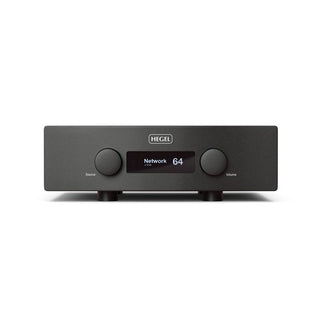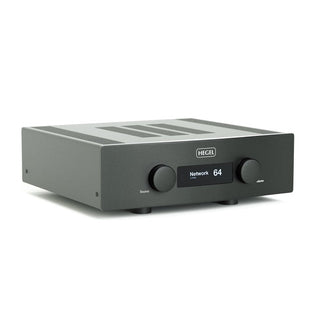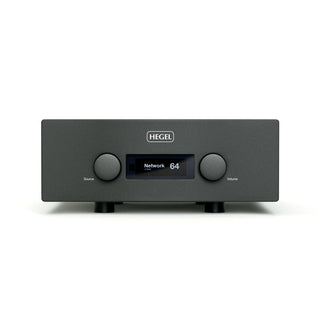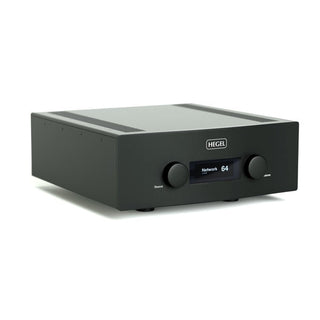HEGEL
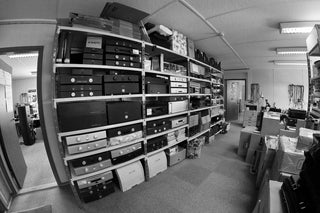
In 1988, Trondheim Technical University student Bent Holter set out to find solutions to the problems faced by traditional hi-fi systems. Holter decided to prevent signal distortion by reconsidering the transistor design used in amplifiers.
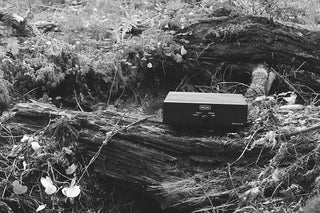
The distortion problem often leads to the deterioration of other technical parameters. But Holter deviated from classical schematic solutions and developed the basic project that we today call Sound Engine Technology. This was just the beginning. Holter, who plays in the rock-metal band The Hegel Band in his spare time, proposed the idea of making concert amplifiers himself. This idea was challenged only by the capital requirement. Financial support came from telecommunications giant Telenor.
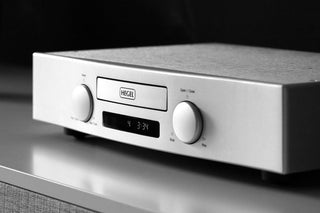
In the early 1990s, the Hegel brand quickly became known. The brand patented the Sound Engine solution, developed a DAC in 1994 and launched its first CD Player in 1996. For eight years, Hegel expanded his product range, making more profits every year.
